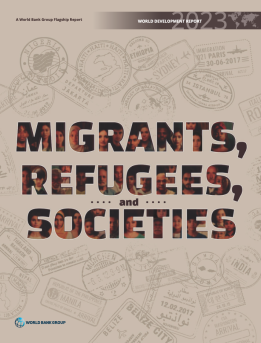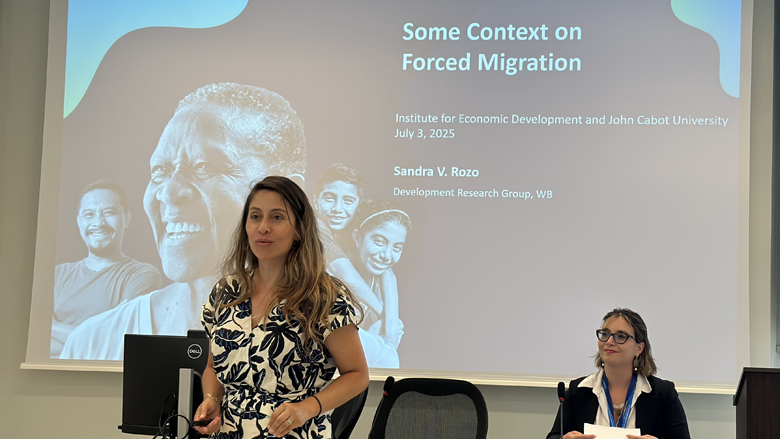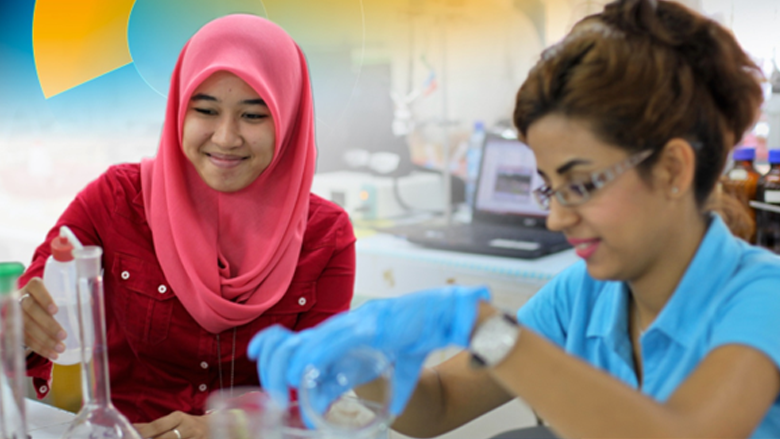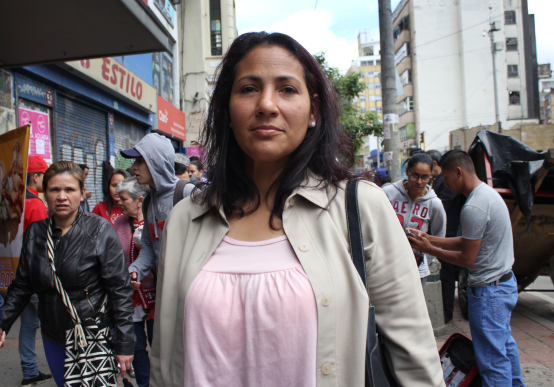There are about 184 million people worldwide, including 37 million refugees, who live outside their country of nationality. About 43 percent of them live in low- and middle-income countries. With the right policies in place, cross-border migration can be a powerful force for development and prosperity.
To help countries meet this challenge, this topic page brings together important policy messages derived from World Bank research, including the World Development Report 2023: Migrants, Refugees, and Societies. It also provides additional valuable resources for researchers and policy makers seeking to better understand and address the complexities of migration.
Featured Content
Explore our curated insights, events, and learning opportunities on the topic of migration and forced displacement.
Key Policy Messages
These are major themes and messages emerging from the latest World Bank research on migration and forced displacement. Click on each card to learn more and access related publications.
Origin countries should make labor migration a part of their development strategy
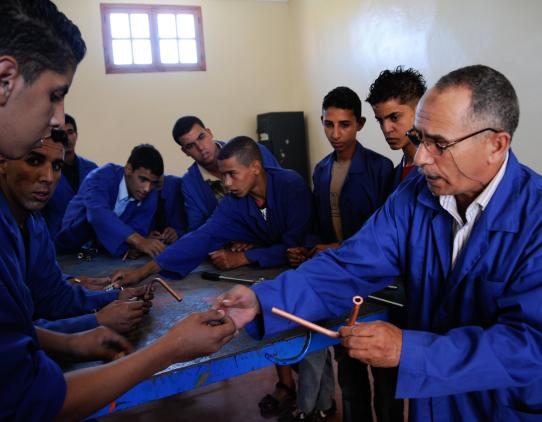
Origin countries should make labor migration a part of their development strategy
- Facilitate remittances, knowledge transfers, and investments from the diaspora
- Mitigate the downsides of “brain drain”
- Expand training for skills in high demand globally (e.g., healthcare)
Yet simply maximizing remittances should not be a policy goal.
Destination countries should attract migrants with skills that are in demand
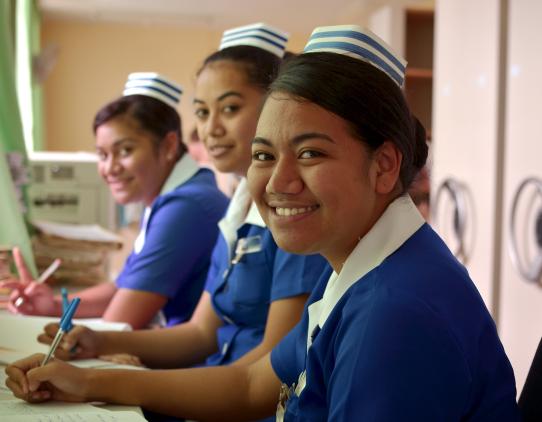
Destination countries should attract migrants with skills that are in demand
- Facilitate the economic and social inclusion of these migrants
- Support nationals who are negatively affected
Underrepresented voices must be heard, including:
- Developing countries and local authorities in destination countries
- The private sector, labor unions, and other stakeholders who can assess medium-term labor needs
- Migrants and refugees themselves
Donors and host countries should invest in refugees' economic independence
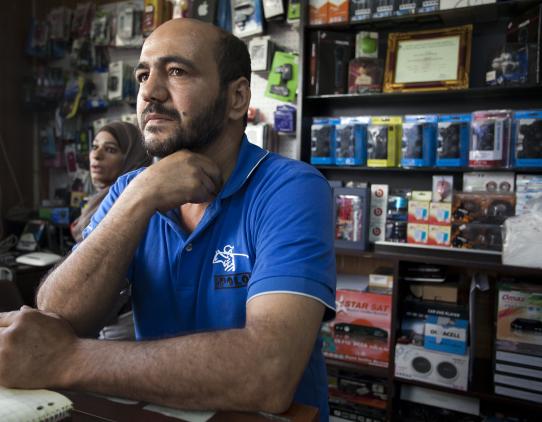
Donors and host countries should invest in refugees' economic independence
Investments in refugee earning capacity can enable refugees to become financially independent, and reduce the amount of humanitarian aid required.
Including refugees in national education and health systems, with adequate international support, is part of a sustainable response to refugee arrivals.
Countries should work to reduce distressed migration, while respecting people’s dignity
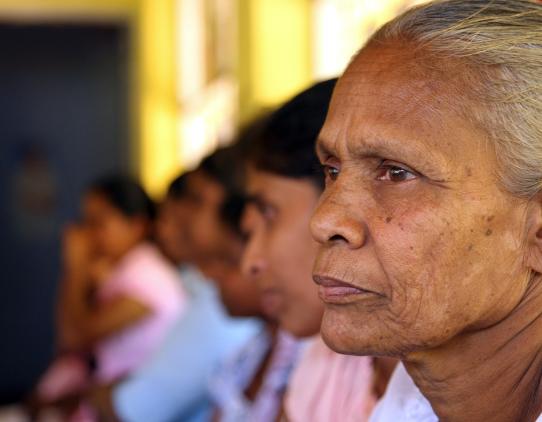
Countries should work to reduce distressed migration, while respecting people’s dignity
When migrants are neither refugees nor a strong match for the destination country’s labor market:
- Human dignity must be the guiding policy principle
- International cooperation is essential
Governments should consider the impact of migration policies on children
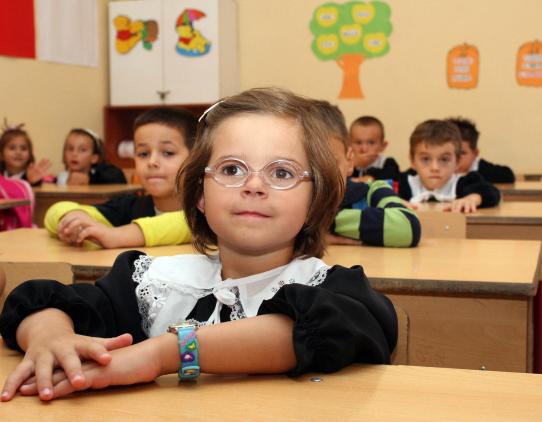
Governments should consider the impact of migration policies on children
Migration’s impact on children’s outcomes is complex and context-dependent:
- Policies that promote integration are highly beneficial
- Enforcement-oriented policies tend to hinder children’s development
Policies that improve service access and integration typically lead to positive outcomes for migrant children, such as including refugees in national education and health systems with international support.
Migration policies also impact critical family decisions.
International cooperation is critical to managing migration and forced displacement
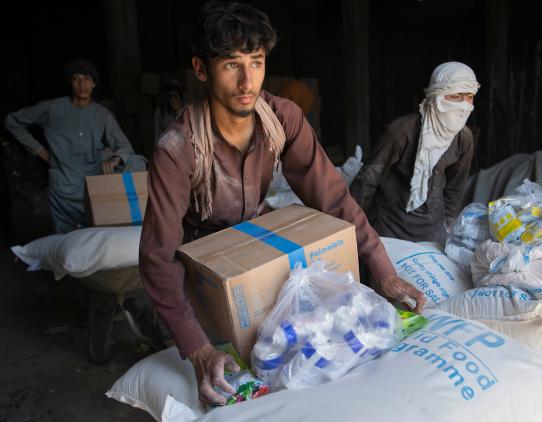
International cooperation is critical to managing migration and forced displacement
Refugee-hosting countries and destination countries for migrants need and deserve international support:
- Bilateral cooperation can help finance training for migrants to develop in-demand skills
- New financing instruments should be developed to help countries care for non-citizens sustainably
- International support is needed for climate adaptation

